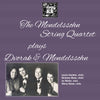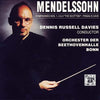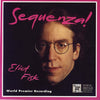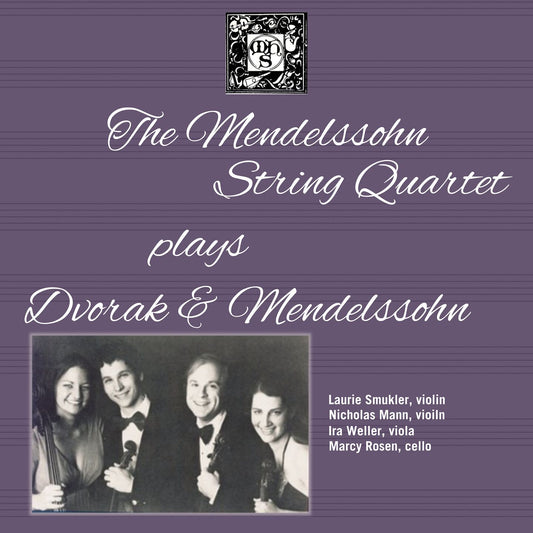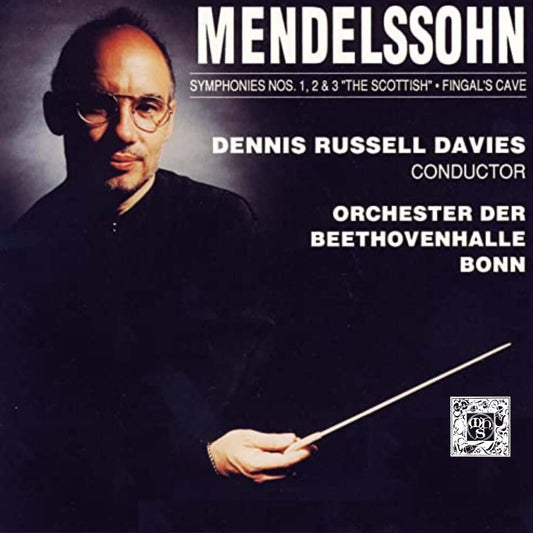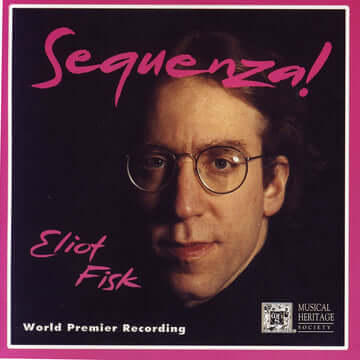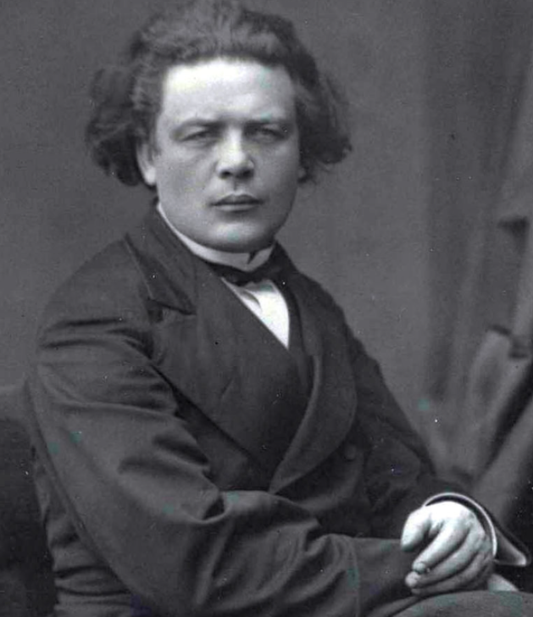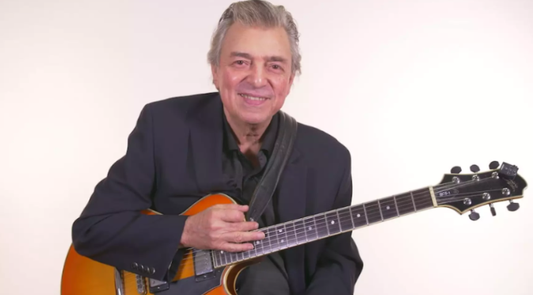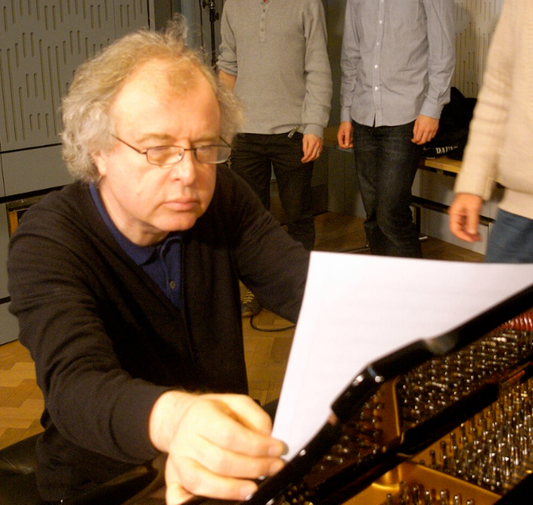Collection: FELIX MENDELSSOHN (1809-1847)
Jakob Ludwig Felix Mendelssohn Bartholdy (1809-1847) stands as a pivotal and luminous figure in the early Romantic period of Western classical music. A composer, pianist, organist, and conductor of prodigious talent, Mendelssohn possessed a unique ability to fuse the formal clarity and elegance of the Classical era with the burgeoning emotional expression and richer orchestral colours of Romanticism. His relatively short life was marked by extraordinary artistic achievement, influential leadership, and the creation of works that remain beloved cornerstones of the repertoire.
Born in Hamburg into a prominent and wealthy Jewish family (later converting to Lutheranism and adding 'Bartholdy'), Felix grew up in Berlin immersed in a highly cultured environment. His grandfather was the renowned philosopher Moses Mendelssohn, and his home was a hub for intellectuals and artists. Like Mozart before him, Mendelssohn was a startling child prodigy. He excelled at piano, composition, languages, and even painting from a very young age, receiving a rigorous education. Alongside his equally gifted sister, Fanny Mendelssohn Hensel (whose own compositional talents were often overshadowed or even published under Felix's name), he thrived in this stimulating atmosphere.
His genius matured rapidly. By his teens, he had already composed masterpieces that displayed astonishing technical skill and originality. The String Octet in E-flat major (1825), written when he was just 16, is a marvel of youthful exuberance and intricate counterpoint. A year later came the Overture to Shakespeare's A Midsummer Night's Dream, a work of such perfectly judged enchantment, gossamer orchestration, and evocative power that it remains one of the most dazzling examples of early Romantic scene-painting. He would later return to this theme, composing extensive incidental music for the play, including the universally recognized "Wedding March."
Mendelssohn's career quickly blossomed. He travelled extensively throughout Europe, absorbing influences and finding inspiration. Trips to Britain resulted in enduring popularity there and inspired works like the evocative Hebrides Overture ("Fingal's Cave") and the Symphony No. 3, "Scottish." A journey to Italy yielded the sunny and vibrant Symphony No. 4, "Italian."
Beyond composition, Mendelssohn was a transformative figure as a conductor and musical organizer. His 1829 revival performance of J.S. Bach's St. Matthew Passion in Berlin, largely forgotten at the time, is credited with igniting the widespread Bach revival that continues to this day. His tenure as conductor of the Leipzig Gewandhaus Orchestra from 1835 raised its standards to international renown, establishing programming practices and performance disciplines that influenced orchestras across Europe. He also played a key role in founding the Leipzig Conservatory in 1843, solidifying the city's status as a major musical centre.
His compositional output was rich and varied, encompassing symphonies, concertos, oratorios, chamber music, and numerous piano pieces. The Violin Concerto in E minor is perhaps his most famous work, a perfectly crafted piece brimming with lyrical beauty and virtuosic flair, notable for its innovative structural features. His oratorios St. Paul and particularly Elijah were immensely successful, blending dramatic narrative with powerful choral writing. His Songs Without Words for piano defined a popular genre of intimate, lyrical character pieces.
Mendelssohn's style is characterized by its polish, grace, clarity of form, and masterful orchestration. While possessing deep feeling, his music generally avoids the extreme emotional turbulence found in some other Romantics, favouring balance and refinement. This led to later criticism from some quarters (notably Wagner, whose attacks were also fueled by anti-Semitism) that his work lacked profound depth, a view largely dismissed today.
Tragically, Mendelssohn's life was cut short. Overworked and deeply affected by the sudden death of his beloved sister Fanny in May 1847, his own health rapidly declined. He suffered a series of strokes and died in Leipzig in November 1847, aged just 38.
Felix Mendelssohn left an indelible mark on music history. He was a bridge between Classicism and Romanticism, a champion of past masters like Bach, a gifted performer, an influential conductor and educator, and the creator of music imbued with enduring melody, structural integrity, and captivating beauty. His works continue to enchant audiences worldwide, securing his place as one of the most significant and admired composers of the 19th century.

